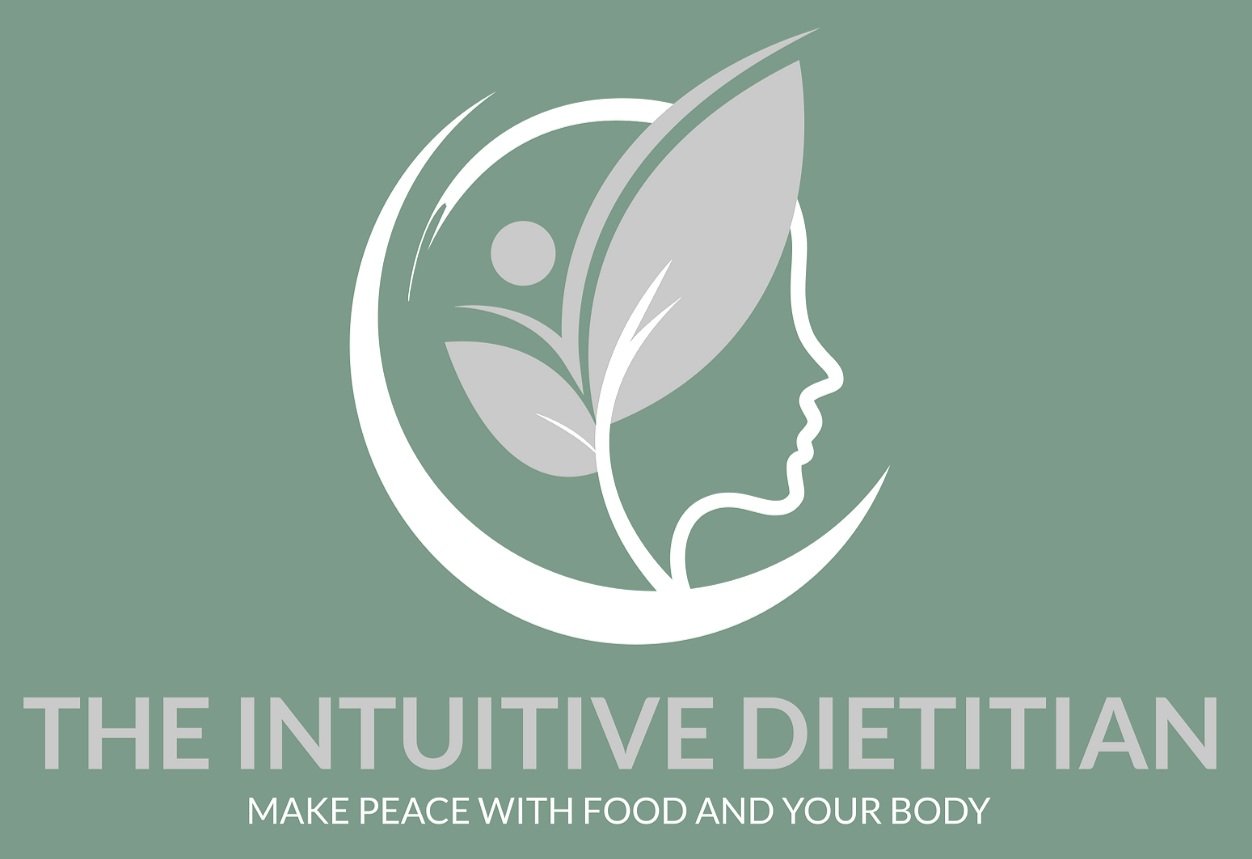The Gut Brain Connection
GUT-BRAIN CONNECTION
It may not seem obvious or intuitive, but your body is interconnected in many ways and more research is focusing on the “microbiota-gut-brain axis.” It’s the very complex connection between your gut, its microbes, and your brain. This new field has been called a “paradigm shift in neuroscience” (Dinan, 2017).
In fact, there are a number of ways that we’re beginning to understand how our gut microbes can affect our brain. One is via the “vagus” nerve, which is a nerve that directly connects your gut to your brain. The other ways are through “biochemical messengers.” Biochemicals that are made in your gut and travel throughout the body to communicate with other organs, including your brain. Examples of biochemicals include short chain fatty acids, cytokines, and even tryptophan (the amino acid that the neurotransmitters melatonin and serotonin are made from).
The exciting thing is that this may help us with not only mood and stress, but the microbiota-gut-brain axis may one day prove to be helpful for other conditions like autism and Parkinson’s.
Our trillions of gut microbes seem to be more closely interconnected with our moods than we used to think.
MOOD, STRESS, AND YOUR MICROBES
Several studies show that stressed rodents not only have increased stress hormones and stressed behaviors; but, they also have different gut microbes! This has also been studied, to a small extent, in people too. One study showed that moms with high levels of stress hormones during pregnancy had infants with more of the “bad” gut microbes.
But, can it work the other way around? Can changing our gut microbes affect our moods and stress responses?
Studies of rodents that grow up without any gut microbes at all (in a “bacteria-free” environment) respond to stress more than mice with normal gut microbes. Then, when they’re given either a probiotic or gut microbes from non-stressed mice, their stress responses often go back to normal.
“Gut microbiota and probiotics alter behavior and brain neurochemistry.” (Ait-Belgnaoui, et. al., 2012) That’s a pretty powerful statement.
Many animal studies show positive effects on behavior when they get probiotic supplements. For example, after a probiotic, stressed rats had lower levels of both stress hormones and an inflammatory molecule associated with depression (“LPS” - lipopolysaccharide). Human studies show that after a few weeks of taking probiotic foods or supplements, healthy people have reduced stress hormones, feelings of stress, negative thoughts, and sad moods.
One fascinating study showed that when people took probiotics, brain MRI (magnetic resonance imaging) tests showed reduced brain activity for negative and aggressive thoughts!
There is some exciting research on the positive effect that probiotics can have on moods and stress. So, what can you do to nurture your own healthy gut microbes?.
PREBIOTICS
Last week, we talked about the benefits of consuming probiotic-rich food. Once the gut microbes take up residence in our guts, we need to feed them!
PREbiotics are food for gut microbes and, when fermented in the gut, produce specific changes in bacterial composition or activity. They are your friendly gut microbes’ favorite delicacies so they’ll happily grow, and multiply. Prebiotics are basically foods that contain fiber. Things like fruits, vegetables, nuts, and seeds. Even dark chocolate (preferably with at least 70% cocoa). Foods that are particularly high in prebiotics include jicama, asparagus, avocado, whole grains, and allium vegetables like onions, garlic, leeks, and shallots.
Giving animals prebiotics has shown to reduce stress hormones, and anxiety-related behaviors. In people, studies show that taking psychobiotics along with prebiotics can improve both the microbes in our gut, as well as our mood.


